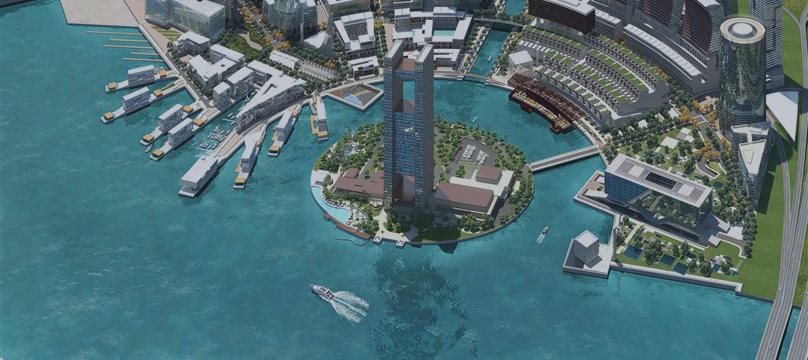As prices for crude oil in spot and futures markets dropped more than 50 percent since June last year, Standard & Poor's had to revise down its oil price assumptions over 2015-2018.
When S&P reviewed Bahrain in December 2014, the agency expected Brent oil prices to average $80 per barrel (/bbl) in 2015 and $83/bbl in 2015-2018. S&P now assumes an average Brent oil price of $55/bbl in 2015 and $70/bbl in 2015-2018. As a result,, it has revised forecasts for Bahrain's economic growth, fiscal position, and current account.
The country derived approximately 65 per cent of its fiscal revenues from crude oil receipts over 2014, which are part of the 84 per cent of total revenues derived from the oil and gas industry.
Bahrain's fiscal break-even oil price, estimated at nearly $125/bbl of oil in 2014, was the highest of all Gulf Cooperation Council (GCC; Bahrain, Kuwait, Oman, Qatar, Saudi Arabia, and United Arab Emirates) members.
According to S&P, “This compares with an average of $52/bbl between 2000 and 2010. We view this as an erosion of the longer-term sustainability of Bahrain's fiscal position. Recurrent expenditures increased to 90 per cent of total expenditures in 2014 from 81 per cent in 2009, and wages and salaries account for 42 per cent of total expenditures, with subsidies representing another 30 per cent. These increasingly burdensome social expenditures underpin Bahrain's pronounced vulnerability to oil prices.
The government's debt burden has doubled since 2009 and stood at some 43 per cent of GDP at the end of 2014. We estimate that the government will be in a net debt position of almost 20 per cent of GDP by the end of 2015, from 10 per cent of GDP in 2014 and a net asset position of 12 per cent of GDP in 2010."
"Our fiscal projections now show Bahrain's general government deficit widening to eight per cent of GDP in 2015, compared with our previous estimate of 4 per cent, and compared with a surplus that averaged 1 per cent of GDP over 2007-2013. The government's ability to implement more deep-rooted expenditure cuts or introduce taxes in an effort to balance fiscal results on a recurring basis in a delicate political environment remains its main challenge, in our opinion.
“The fall in oil prices has also affected our analysis of Bahrain's external accounts. We now expect the current account will fall into a slight deficit in 2015, given that approximately 80 per cent of exports are linked to oil. Bahrain's services balance is related to the profitability of the financial sector and could therefore deteriorate slightly under the impact from weaker oil prices.



